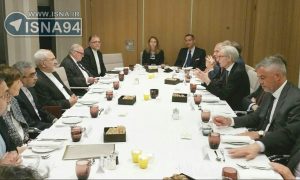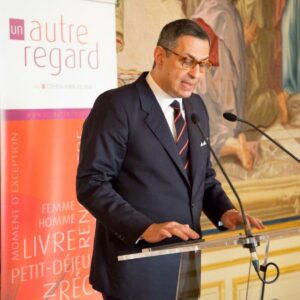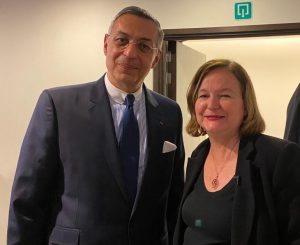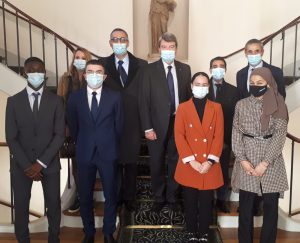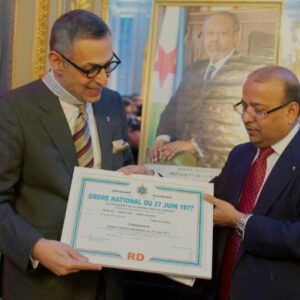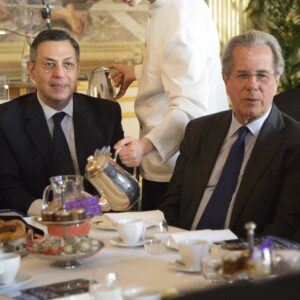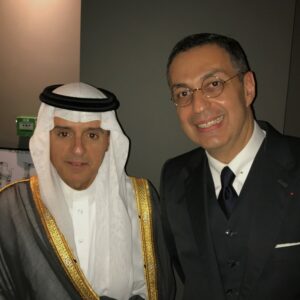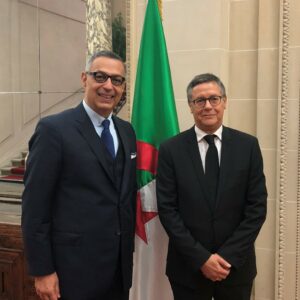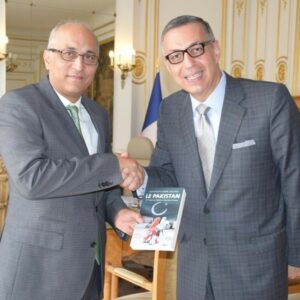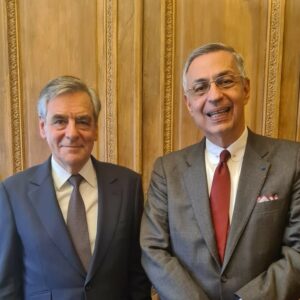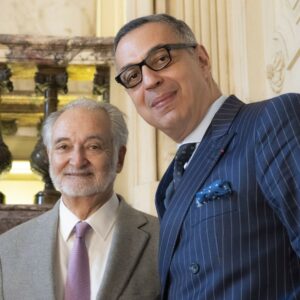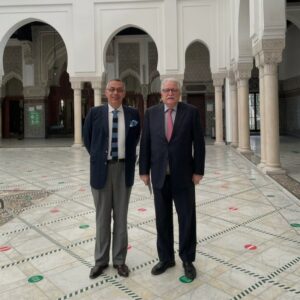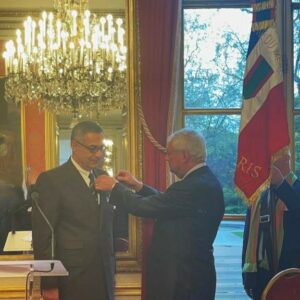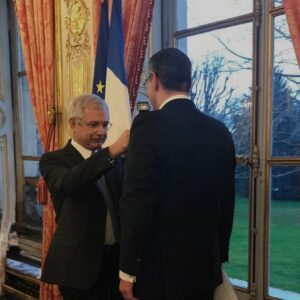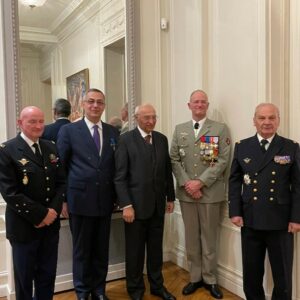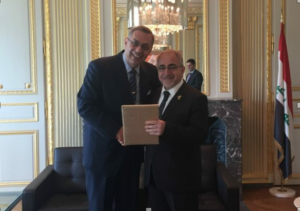
Saudi Arabia’s crown prince Muhammad bin Salman (MbS) is quietly strengthening his grip on Pakistan. This is the goal of the Saudi-led Persian Gulf Arab bloc’s recent charm offensive, where the UAE’s crown prince Sheikh Muhammad bin Zayed visited Islamabad last month and finalized a $6.2 billion bailout package, while MbS is planning to visit this month and announce an even larger amount in investments. The two are taking advantage of Pakistan’s infamous foreign currency crunch and Pakistani Prime Minister Imran Khan’s reluctance to accept a politically unfavorable IMF bailout, which leaves him no choice but to play along. Following Sheikh Muhammad bin Zayed’s visit, Prime Minister Khan took to Instagram to thank the crown prince, and Pakistan has just announced that UAE citizens can now obtain visas to Pakistan on arrival. The same, likely in an even more over-the-top fashion, is likely to follow MbS’s visit.
This is the same Imran Khan who, in 2015, prior to becoming prime minister, opposed sending Pakistani troops to support Saudi military operations in Yemen. Why the sudden honeymoon? Because there is a marriage of convenience at stake. Pakistan’s desperation is evident. Prime Minister Khan blatantly told a reporter last October that he could not afford to rebuke MbS in response to journalist Jamal Khashoggi’s murder in the Saudi consulate in Istanbul and risk falling out of his good books, because “We’re desperate at the moment.” Saudi Arabia’s efforts, on the other hand, are a telling sign of the current mood in the region and its geopolitical calculations. Its rivalry with Iran is stronger than ever (which may even lead to a thaw between Saudi Arabia and Israel – politics makes for strange bedfellows indeed). MbS has already said that “without a doubt if Iran developed a nuclear bomb, we will follow suit as soon as possible,” and has been trying to convince the US to sell him designs for nuclear power plants. Conveniently, Pakistan already has quite a substantial stockpile of nuclear weapons, and nuclear cooperation with Pakistan has always been on Saudi Arabia’s agenda. The current environment in the region makes it a priority. In other words, Saudi Arabia’s efforts to bind Pakistan to itself is not just an effort to lure it away from Iran, but also to support its own ambitions in a potential regional nuclear arms race.
However, this wallet diplomacy of Saudi Arabia, which allows it to be a self-declared “participant” in Pakistan’s affairs, does not bode well for Pakistan. Saudi Arabia has done great damage to the country by supporting its Islamization and subsequent radicalization: recall the days of General Zia ul-Haq, who enforced an intense program of Islamization. The General was strongly backed by Saudi Arabia. In fact, Pakistan’s largest mosque is the Faisal Mosque, the namesake of then-Saudi monarch Faisal bin Abdulaziz al Saud who provided a grant for its construction. It is widely known that the religious schools established during this time helped spread a very strict and intolerant version of Islam that is personified by the Wahhabi faith represented by Saudi Arabia, which is a direct contributor to the rampant extremist militia activity we see in Pakistan today and the reality that candidates with ties to these groups are even running for elections in large numbers. Consider the radicalism stemming from the Red Mosque, whose founder was a close friend of General Zia ul-Haq and whose links to terror groups and violent attacks culminated in a military siege of the mosque in 2007.
Furthermore, Pakistani state and military leaders may have traditionally been closer to Saudi Arabia, but Pakistan has a far deeper historic relationship with Iran. On the state level, both Pakistan and Iran were in the Central Treaty Organization from 1955 to 1979, a defensive organization for shared political, military and economic goals during the Cold War (other member states were Turkey, Iraq, and Great Britain). Iranian Foreign Minister Javad Zarif was the first foreign dignitary to visit Prime Minister Khan. And Pakistan’s culture, history and civilization actually shares far more with Iran than it does with Saudi Arabia: the official language of the Mughal Empire that ruled the area for over three centuries was Farsi, during which time Persian art and culture, and in particular literature, flourished. The greatest poets of the Mughals, such as Mirza Ghalib and Mir Taqi Mir, had Farsi divans. Urdu, as a language, is a heavily Persianized evolution from Hindustani, and the current national anthem of Pakistan is in Farsi. The country’s founder, Muhammad Ali Jinnah, was born a Shia. Iran is also a direct neighbor of Pakistan with a shared population of Balochis on both sides of the border, adding to the shared heritage, culture, and ties between the two countries.
Let us also not forget the sizable Shia population in Pakistan, generally estimated at 15-20% of the population. The Shia, particularly the Hazaras, are already a targeted population by Pakistan’s extremist groups. Saudi Arabia’s increased involvement, with all of its ideological implications as well as its known support for terrorist groups, will only increase extremism and sectarian violence.
Saudi Arabia is playing a dangerous game in Pakistan. In doing so, it is going against history and civilization. It risks sparking sectarian tensions, radicalizing the population, not to mention investing in an arms race that will only further polarize the region.
By Ardavan Amir-Aslani



